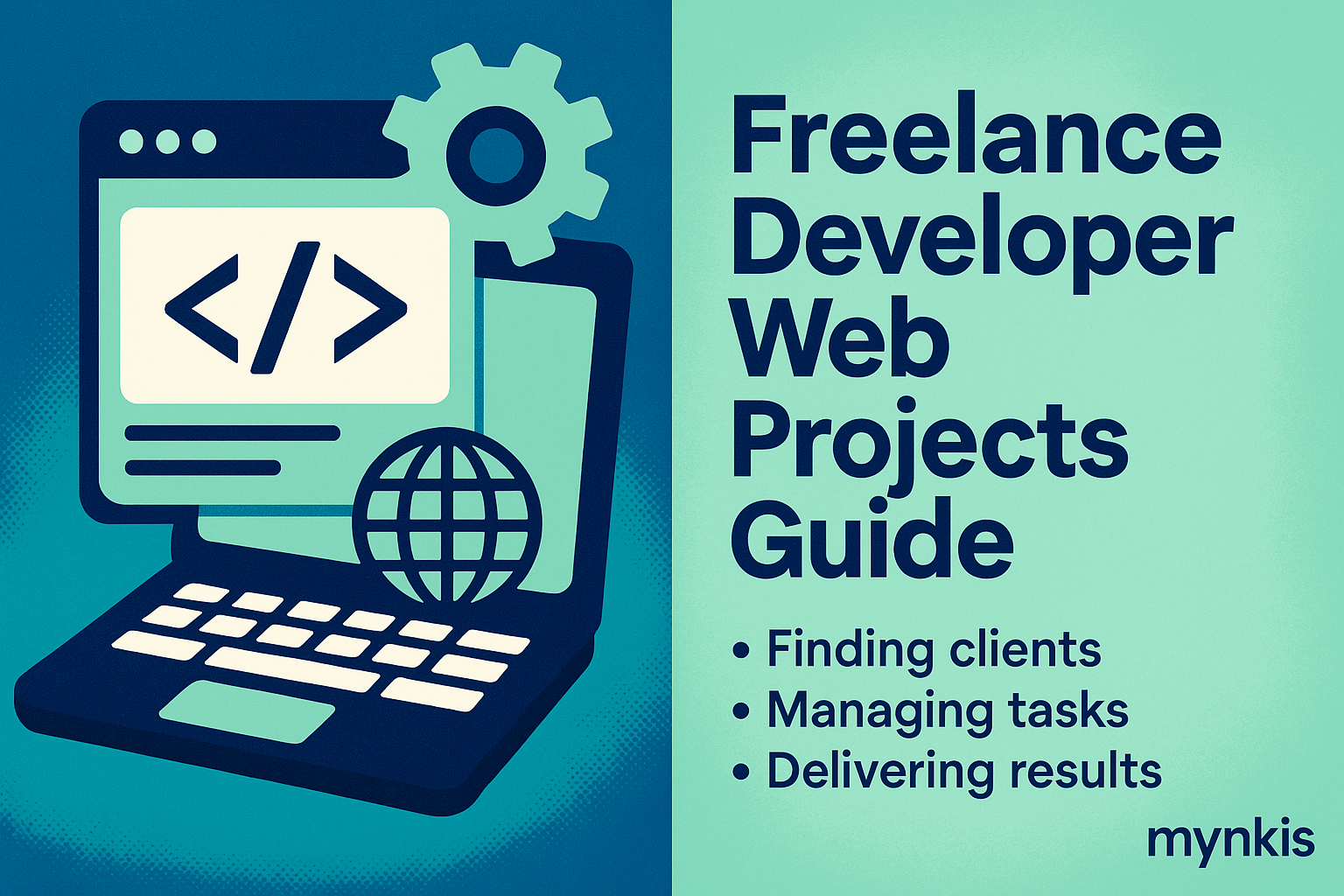Schedule a Demo
Embarking on a freelance web development journey often starts with clearly defining the scope of your project. In my work, I've seen countless projects derail due to unclear goals or shifting expectations. To prevent this, begin with an exhaustive discussion with your client to outline what the website should achieve. Identify key functionalities such as booking systems or search engine optimization (SEO) tools, which are often priorities for owners who want their websites not just functional but effective. This foundation will guide every subsequent step in your project lifecycle and help manage expectations on both sides.
When designing your client's website, prioritize aesthetics and user conversion equally. A visually stunning website draws the user in, but it must also guide them toward action. In my experience, incorporating a seamless booking system can dramatically boost conversion rates. Consider mobile-first designs and intuitive navigation. Pay attention to user-friendly forms that facilitate smooth bookings and minimal friction. By focusing on conversion, you'll not only build a beautiful website but also one that converts casual visitors into loyal customers.
Organic search remains a critical element in driving traffic to your client's website. In my projects, implementing SEO strategies from the design stage proves immensely beneficial. Start by researching and incorporating key industry-related keywords, such as 'custom software development' and 'enterprise web solutions', into your client's site architecture. Use proper URL structures, meta descriptions, and ensure the site loads quickly – these elements can significantly improve search engine rankings and traffic flow. Balancing these strategies with the overall design vision ensures the website attracts visitors organically and retains them aesthetically.
Integrating a booking system into your web project isn't just about adding functionality; it's about enhancing user experience and engagement. In practice, I often use platforms like Calendly or Bookly, which are versatile and easy to customize. When implementing such a system, ensure it integrates flawlessly with the website's design. The flow from browsing to booking should be fluid, with clear calls-to-action. Also, addressing special user requirements, like accommodating for disabled users or multilingual capabilities, can differentiate your client's service in the market.
Timelines and effective communication form the backbone of any successful freelance development project. From my experience, setting realistic milestones and keeping in touch consistently can manage client expectations and keep the project moving forward. Consider using tools like Trello or Asana for transparency and milestone tracking. Regular update meetings and unambiguous communication channels (like Slack or email) not only build trust but also reduce the chances of misunderstandings. Maintain clear documentation and foster an environment where both parties feel comfortable to voice concerns early.
Clients will always have feedback, and revisions are a natural part of any freelance web development journey. Over the years, I've learned to embrace client feedback positively. Set up an effective revision process that respects both your time and the client's perspective. I often provide a set number of revisions upfront and articulate clearly what types of changes are covered. It's essential to incorporate tools like staging environments where clients can visualize modifications. Striking a balance between accommodating revisions and maintaining project momentum is crucial.
In today's world, ensuring your website's mobile compatibility and responsiveness is non-negotiable. From my project analyses, a well-optimized mobile version significantly influences user satisfaction and SEO performance. Design with mobile-first in mind to ensure every element, including that all-important booking system, is accessible and fully functional on smaller screens. Test extensively across various devices and screen sizes, making adjustments where necessary. Mobile optimization isn't just a task; it's a necessity for any modern website.
The project doesn't end at launch. My approach always includes an ongoing maintenance plan tailored to the client's needs. Discuss this early in the project to prepare for regular updates, security checks, and troubleshooting. Aim to keep the website up-to-date with fresh content and SEO practices, as industry dynamics can shift frequently. Offering your client a comprehensive maintenance strategy not only solidifies your relationship but ensures the long-term health and relevance of their website.
Navigating the legal aspects of web development is another critical facet. Ensure your client's website complies with the latest data protection laws, such as GDPR or CCPA, depending on where they operate. I make it a point to discuss issues like privacy policies and accessibility. Websites need to be inclusive and accessible according to guidelines like WCAG for best results. Also, talk through domain ownership, terms of use, and liability during the planning phase. Protect both your and your client's interests by being diligent and transparent.
Finally, successfully managing client expectations throughout the project can set the tone for future endeavors. From my side, I've found that celebrating successes, big or small, can foster a positive working relationship. That first booking made via the new website? That’s a milestone worth acknowledging. Keep the celebration understated but impactful; a heartfelt thank-you email or a shareable video clip from the launch can boost morale and solidify your professional bond. Celebrate the hard work that went into the project and pave the way for exciting new opportunities.
